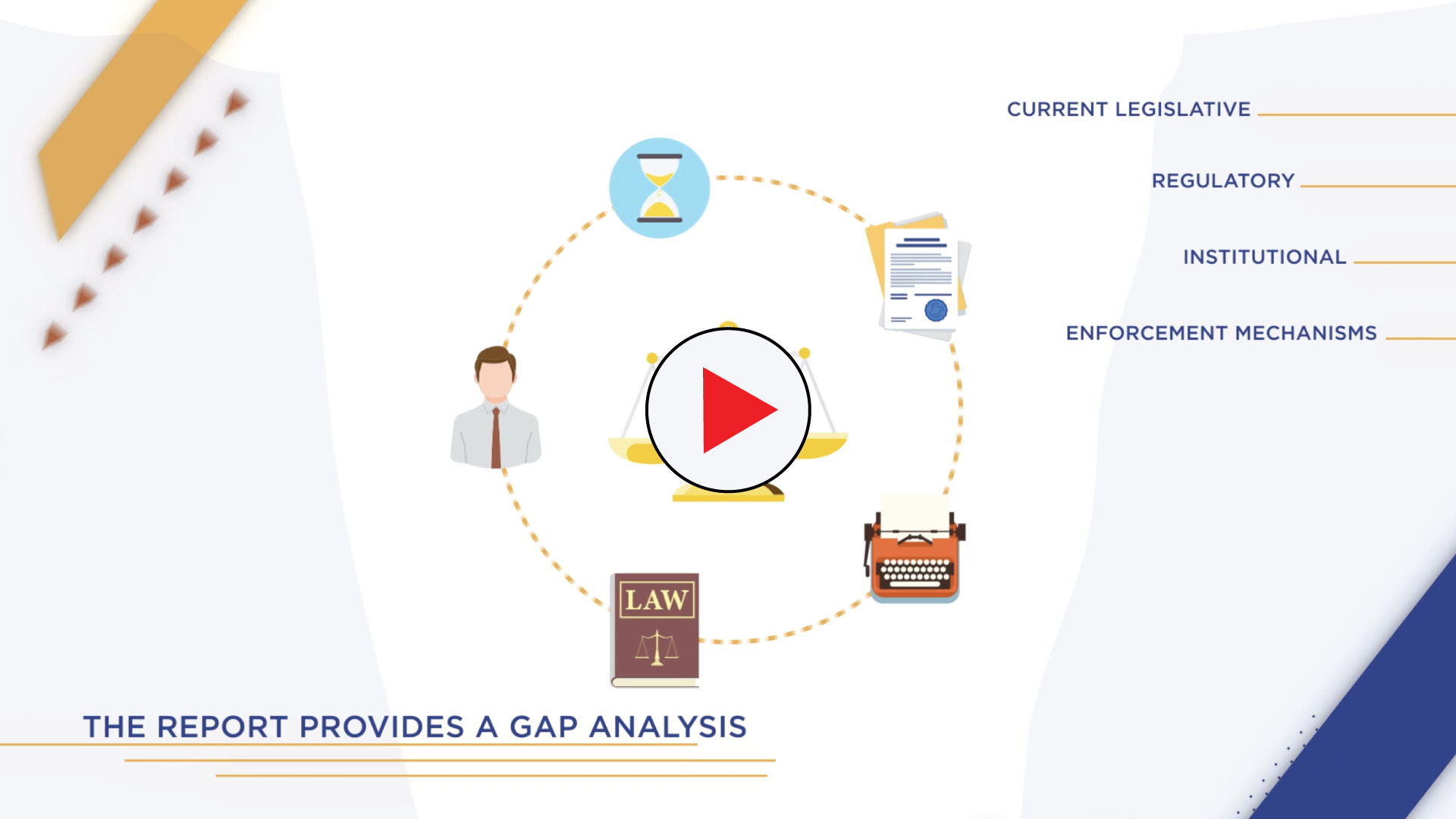The growing interest in legal and institutional reforms, business facilitation and better governance in the Arab region has led governments, donors and development agencies to increasingly focus their attention on improving the regulatory framework for doing business and ensuring a fair balance between the rights and obligations of various social players. Legal reform, however, is not merely about the production of legislation but also ensuring that such legislation is well understood, applied and integrated into the overall legal framework and snuggles neatly with the specific contexts of each Arab State. The Arab region faces a serious lack in the ability of various stakeholders to access laws pertaining to competition, anti-corruption, foreign direct investment (FDI) and consumer protection. Small firms, activists, political reformists, researchers and others face obstacles to access the most up-to-date legislation related to public policy adequately. The lack of a unified consolidated and accessible repository of legislation in the Arab region has negative knock-on effects on transparency, accountability and the rule of law.
In addition to assessing legislative climate using common standards garnered from international best practices, this study seeks to provide a repository of existing legislation in the Arab region. Accordingly, this study has the following objectives:
• Provide a basic assessment of the current business regulatory climate in the region, looking at the legislations related to competition, FDI, anti-corruption and consumer protection;
• Provide a gap analysis assessment of the current legislative, regulatory, institutional and enforcement mechanisms and recommend actions that can tackle and/or alleviate the gaps.
The research also seeks to provide ESCWA member countries with a foundation for a flexible and dynamic assessment model on business legislative frameworks that can be regularly implemented and updated to help establish more coherent and region-wide recognized measures of business legislation and their developments over time.
